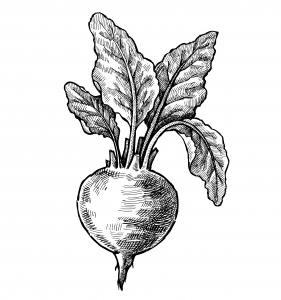Writing is an Ecosystem:
Good writers need to learn to accept waste
Do you consider writing to be a mechanical or a natural process?
A lot of writing advice stresses productivity or effectiveness and seems to imply that if you put in a certain sort of effort you will get a guaranteed, specific result.
This is writing as a slot machine: you put in a coin and out comes a can of pop or a bag of crisps. Result-orientated writing is high stakes and stressful, and you tend to get a mass-produced, branded item at the end.
By comparison, the freewriting method I use and advocate seems wasteful.
Freewriting involves the repeated action of writing for 10 minutes without stopping, and without pre-planning. Even if you use a prompt, I advise ‘following the writing’ rather than doggedly sticking to the topic of the prompt, so if a tangent appears and you are attracted to it, you should follow it.
Freewriting is enjoyable and disposable, and every writer will produce something unique.
Freewriting produces excess
Freewriting daily, or however often you do it, results in a lot of writing, a wasteful amount you might say. It seems like a lot of rubbish, I won’t lie. The best thing to do with it is to put it somewhere dark, to compost. (A drawer will do, or a remote corner on your hard drive.)
Pile up that freewriting with joyful abandon, enjoy the carefree sensation of simply dumping it somewhere and forgetting about it.
Because, after a few weeks or months, you will have the foundation of a writing ecosystem: a generous amount of material, rich in nutrients. Now you can grow something! With the natural process of darkness, warmth and time, comes potential.
Composted writing is valuable
When you go back to read your free writing, miraculous things have happened and, instead of potato peelings and egg boxes, there is rich, crumbly, useful soil.
Original ideas, striking images and intriguing characters can all be found. These are not the listicles or clichés that come from the ‘do this/get this’ method but the strange, mellowed, essential matter of your own unique mind.
Envisage your writing as an ecosystem
So I encourage you to think of writing as an ecosystem, not a machine. The tallest trees grow from dirt and they depend on the humble earthworm, the system of hidden mycelium underground and the common properties of water and time. We can’t have prize blooms without the lower, less pretty elements of the process.
Nature works by excess
Also, nature herself seems to work on the principle of excess: I’m thinking of the multitude of seeds flying in the wind and never germinating, the many tiny sprouts that die to give way to more vigorous shoots, or even the millions of sperm lost when just one makes it to the egg. Nature doesn’t stint; she tries many different options and tolerates a heck of a lot of waste in order to get the best outcome.
Artificial versus natural products
So if you want a plastic flower, fine. Put your coin in the slot and get a mass-produced toy.
But if you want a beautiful, real, velvet-petalled, scented red rose, you have to grow it in plenty of horse shit. This takes time, effort and a lot of digging with a heavy spade.
Create your own ecosystem
My advice then, is to freewrite. A lot. Then set it aside. After that, wait for the processes of darkness and time before going back to see what’s living in there.
The activity of freewriting, like gardening, will give you strong creative muscles and the eventual satisfaction of growing something truly beautiful.

